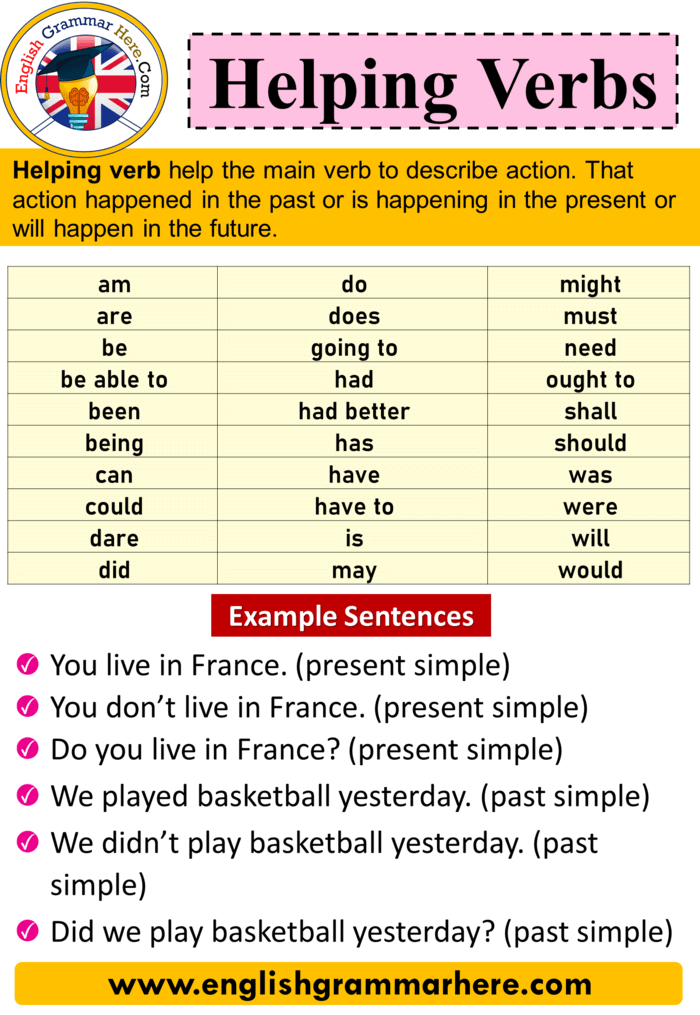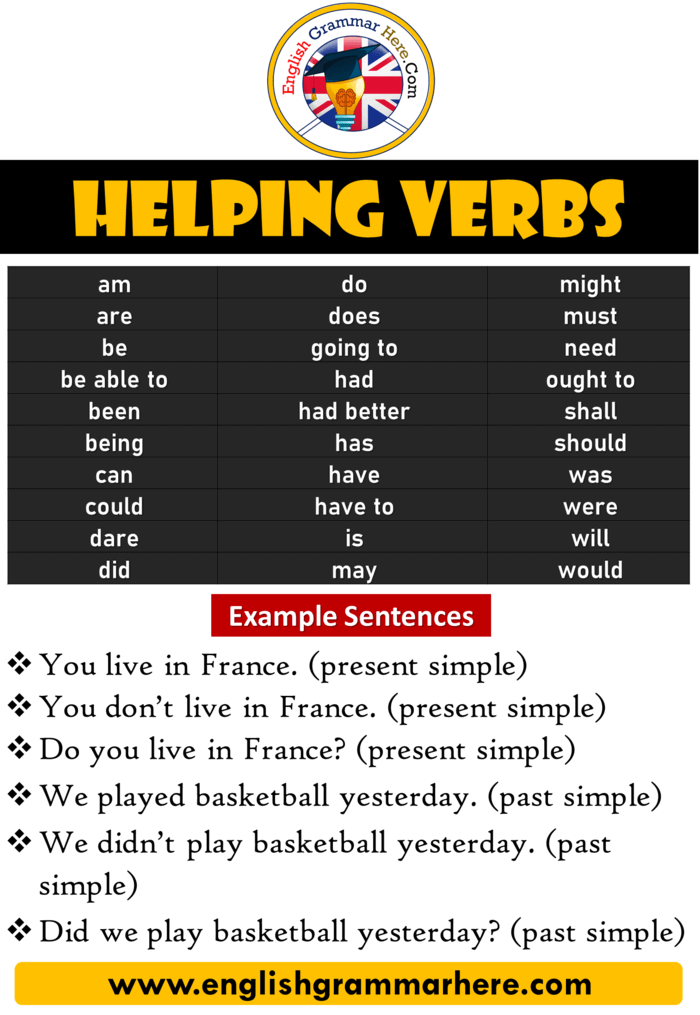
Wann kommst du zurück (When are you coming back) ? Ich bin gestern um 22.00 Uhr gekommen (I came at 22.00 yesterday). Wir sind gestern ins Theater gegangen (We went to the theater yesterday).

Some of them are also used in Simple Past in spoken German, so I included this form too. The following verbs have a regular conjugation pattern in the present tense and you can see the past participle form in the brackets. Möchten Sie etwas trinken (Would you like to drink something)? Ich möchte etwas fragen (I would like to ask something). möchten – to wish (this is a form of the verb mögen ) dürfen (durfte) – to be allowed, may, canĭarf ich auf dem Balkon grillen (May I have a barbecue on the balcony)? Hier darf man nicht rauchen (You are not allowed to smoke here). Was soll ich machen (What should I do)? Du sollst nicht lügen (You should not lie).Ĩ. Ich wollte das Buch zu Ende lesen (I wanted to finish the book).ħ. sollen (sollte) – to be supposed to, ought to, should Sie will dich nicht sehen (She doesn’t want to see you). Er musste gestern arbeiten (He had to work yesterday). Ich muss nach Hause gehen (I have to go home). Wir können am Samstag nicht kommen (We can’t come on Saturday). Ich will Schauspielerin werden (I want to become an actress). Sie ist Lehrerin geworden (She has become a teacher). ģ. werden (wurde – ist geworden) – to become, to getĪlles wird gut (Everything will be fine). Hast du Geschwister (Do you have siblings) ? Ich hatte keine Zeit (I had no time). Warst du schon in Deutschland (Have you been to Germany)? Sie war gestern nicht da (She was not there yesterday). Even though they have past participle form, they are mostly used in Simple Past tense when talking about past events. “Sein” and “haben” are used for Present Perfect and “werden” is used to create Future tense. More German vocabulary listsĪpart from their first meaning, “sein”, “haben” and “werden” are used as helping verbs to form different tenses.
HELPING VERBS LIST WITH EXAMPLES PDF
I always recommend Italki for learning German online because I taught German on this platform and used it as a student to learn English and Hindi and had a really good experience.Īt the bottom of the page, you will find the link to download this top 100 German verbs list in PDF so you can print it and work on it in your own time. If you are learning German by yourself and don’t have a teacher, try to find a language exchange partner or a tutor online. Try to speak German as much as possible from the very beginning. Good news – there are not so many of them, so try to learn them by heart. Also, remember that most German verbs use haben to form past tense, but there are some exceptions that use sein as a helping verb to form past tense. When you learn a new German verb, learn the past tense form also, as many verbs are irregular.These German verbs are confusing and difficult for many beginners to remember. Pay attention to stem-changing verbs and verbs with separable prefixes.If you live in a German-speaking country, just think about which verbs you use in your daily life and start with them. Go through the list and mark the verbs that are most important for you.
HELPING VERBS LIST WITH EXAMPLES HOW TO
*There are affiliate links on this page which means I earn a small commission from qualifying purchases at no extra cost for you.Ī few tips on how to work with this word list: In this list, you will find the 100 most used German verbs with sentence examples and past participle to form the past tense.

When it comes to learning new vocabulary, it is a good idea to start by learning the most used German words first. It is important to be strategic when you are learning a new language.


 0 kommentar(er)
0 kommentar(er)
